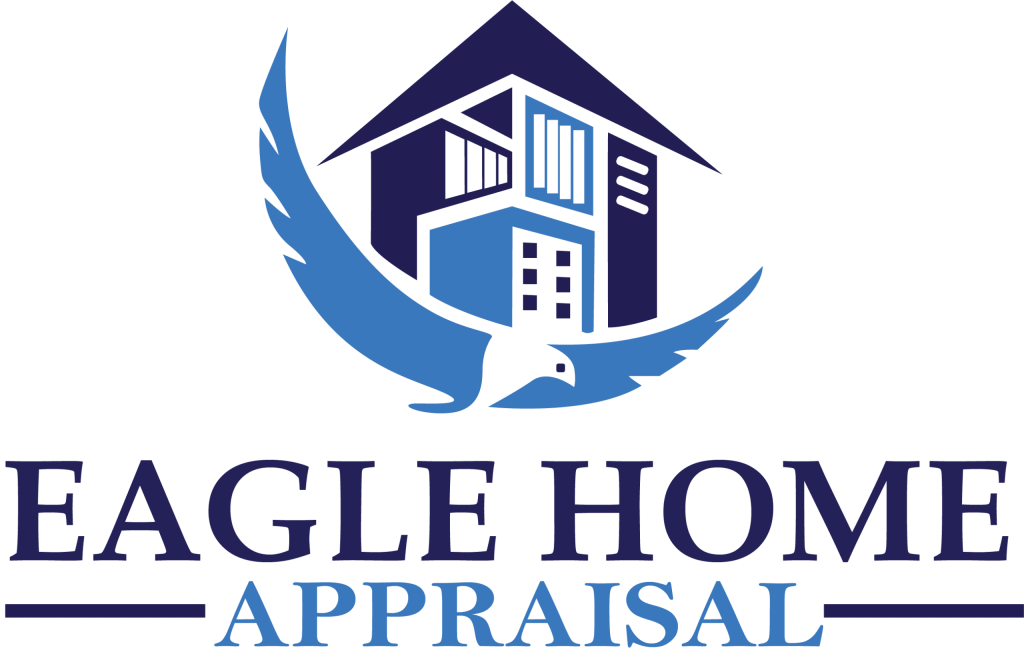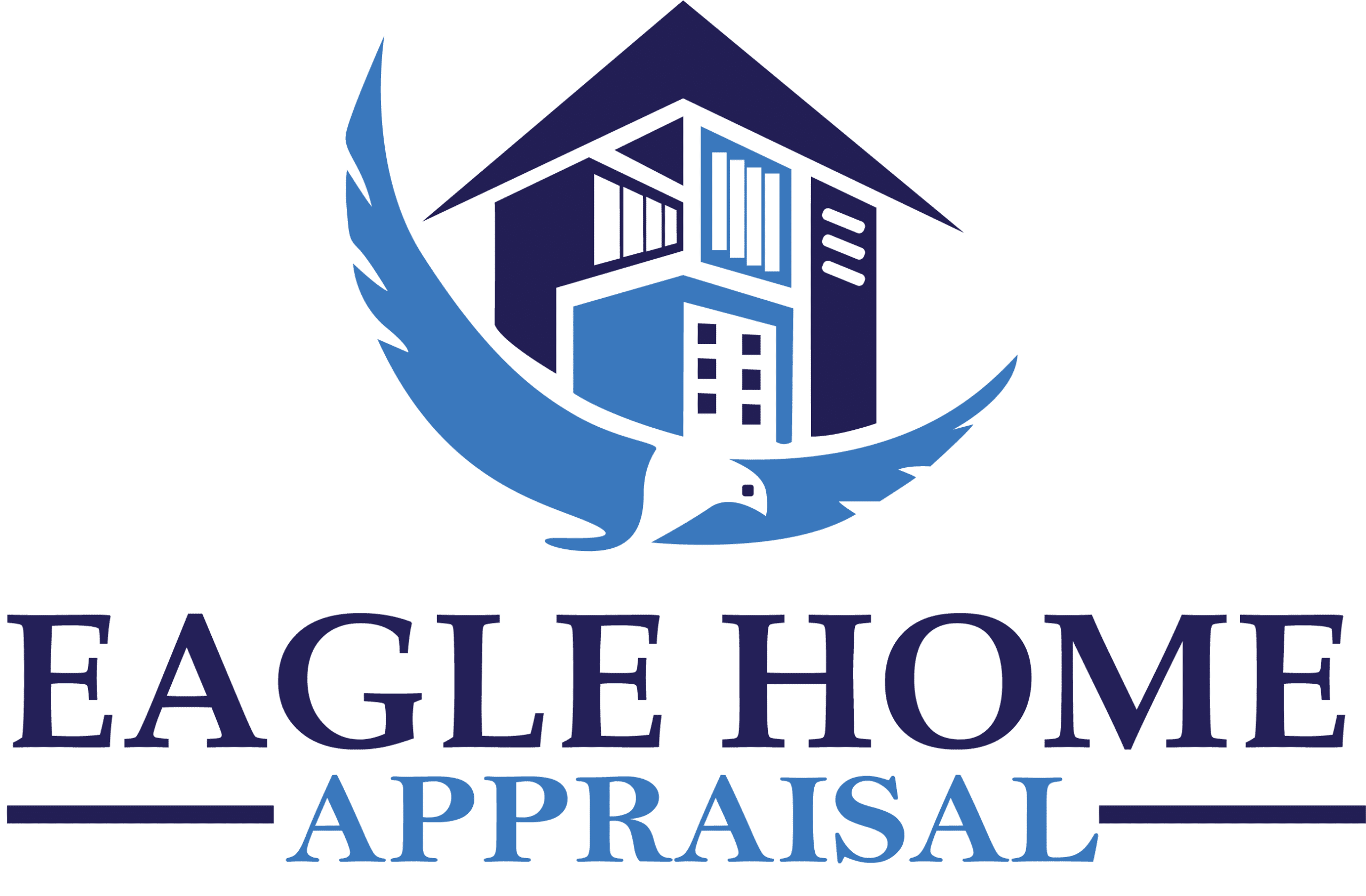What Happens If Your Home Appraisal Comes in Low?
 You’ve made it through the home search, found the perfect property, and submitted an offer—only to be blindsided when the home appraisal report comes back lower than your agreed-upon purchase price. It’s a nerve-wracking experience that can throw a wrench in even the smoothest transaction. But you’re not alone. Low home appraisals are more common than many realize, particularly in competitive or rapidly changing markets.
You’ve made it through the home search, found the perfect property, and submitted an offer—only to be blindsided when the home appraisal report comes back lower than your agreed-upon purchase price. It’s a nerve-wracking experience that can throw a wrench in even the smoothest transaction. But you’re not alone. Low home appraisals are more common than many realize, particularly in competitive or rapidly changing markets.
In this comprehensive guide, we’ll break down what it means when a home appraisal comes in low, why it happens, and what buyers and sellers can do to keep the deal from falling apart.
What Does a Low Home Appraisal Mean?
A home appraisal is a third-party assessment of a property’s fair market value, conducted by a licensed appraiser. Mortgage lenders rely on this value to ensure they’re not lending more money than the property is worth. When the appraisal comes in below the purchase price, this creates a financial gap between what the buyer agreed to pay and what the lender is willing to finance.
Example:
If you offered $400,000 on a home and the appraisal comes back at $375,000, the lender may only finance up to $375,000. That leaves a $25,000 shortfall that has to be addressed—either by renegotiating, bringing cash to the table, or cancelling the deal altogether.
Why Do Home Appraisals Come in Low?
Several factors can contribute to a low appraisal, and understanding the cause can help you determine the best path forward. Here are some common reasons:
- Overpriced Listings: In hot markets, bidding wars can drive up offers well beyond the property’s actual value.
- Lack of Comparable Sales (Comps): If there haven’t been enough recent sales of similar homes nearby, the appraiser may struggle to justify the price.
- Unpermitted Improvements: Renovations or additions made without proper permits often don’t count toward the home’s official value.
- Shifting Market Trends: Prices can fluctuate between offer and appraisal, especially in volatile markets.
- Appraiser’s Lack of Local Knowledge: Appraisers unfamiliar with the area might miss key features or misjudge neighborhood influences.
Why a Low Appraisal Matters
Low appraisals aren’t just inconvenient—they can jeopardize the entire transaction. For the buyer, it often means they must come up with additional cash or risk losing financing. For the seller, it could result in price reductions or losing the buyer altogether.
In either case, a low appraisal must be addressed before the transaction can move forward. Let’s explore the options for both buyers and sellers.
What Buyers Can Do When the Appraisal Is Low
1. Renegotiate the Purchase Price
This is usually the first step. The buyer can ask the seller to reduce the price to match the appraised value. Many sellers agree, especially if they’re eager to close or suspect the appraisal is fair.
2. Pay the Difference in Cash
If you’re financially able, covering the appraisal gap yourself may be a worthwhile investment—particularly if you’re committed to the home or operating in a seller’s market where inventory is tight.
3. Split the Difference
Buyers and sellers can meet in the middle. For example, if the appraisal is $25,000 short, the seller might drop the price by $12,500, and the buyer covers the rest in cash. It’s a fair compromise that keeps both parties engaged.
4. Challenge the Appraisal
Appraisals aren’t always perfect. If you believe the report contains errors or overlooks important features or comps, you can file a dispute. This typically involves your agent or lender submitting additional data for a review. Working with a reputable, responsive appraisal company like Eagle Home Appraisal in Gilbert can improve your chances of success.
5. Walk Away (If Contingency Allows)
If your contract includes an appraisal contingency, you have the right to cancel the deal without financial penalty. While disappointing, it protects you from overpaying for a property.
What Sellers Can Do About a Low Appraisal
1. Reevaluate Your Pricing Strategy
A low appraisal can be a wake-up call. If your home was priced too high based on emotion or outdated comps, it may be time to adjust the list price and realign with the market.
2. Request a Reconsideration of Value (ROV)
If you believe the appraisal missed important details or better comps exist, your agent can submit a formal ROV request. Local companies like Eagle Home Appraisal tend to be more receptive to re-evaluations than large, national firms.
3. Offer to Reduce the Sale Price
Reducing the price to meet the appraised value is the simplest way to save the deal. While it may feel like a loss, it could prevent bigger delays or having to relist the home altogether.
4. Offer Seller Concessions
Instead of a direct price reduction, consider offering incentives such as paying some of the buyer’s closing costs or offering repair credits. These concessions can help offset the appraisal gap while maintaining your asking price on paper.
How to Avoid Low Appraisal Surprises
While you can’t always prevent a low appraisal, you can take steps to reduce the likelihood of it happening:
- Price Your Home Realistically: Base your price on recent, comparable sales—not on wishful thinking or bidding wars.
- Prepare Your Home Thoroughly: Stage it well, ensure it’s clean and in good repair, and emphasize features that add value.
- Provide Documentation of Improvements: Share a list of upgrades and renovations, along with receipts and permits when possible.
- Work with Local Professionals: Hiring a knowledgeable appraiser familiar with the neighborhood—like those at Eagle Home Appraisal—ensures a more accurate valuation based on real-time local data.
Final Thoughts
A low home appraisal might feel like a deal-breaker, but it doesn’t have to be. With a proactive approach, good communication, and a willingness to negotiate, both buyers and sellers can often reach a solution that works for everyone. The key is understanding your options, staying flexible, and relying on trusted professionals. This same mindset applies when refinancing—knowing what to expect from the appraisal process can help you prepare and respond effectively. If you’re considering a refinance, be sure to read up on Appraisals for Refinancing: What Homeowners Should Expect to make the most informed decisions.
Whether you’re buying or selling in Gilbert, Arizona, or the surrounding areas, having the right appraisal partner matters. Eagle Home Appraisal offers accurate, market-informed valuations that reflect real conditions—not guesswork. Our team knows the local market inside and out and can help you navigate even the most challenging appraisal scenarios with clarity and confidence. Don’t let a low appraisal derail your goals. Choose expertise. Choose accuracy. Choose Eagle Home Appraisal.
Divorce Appraisals
At Eagle Home Appraisal Gilbert, we specialize in providing expert divorce appraiser services, offering expert witness testimony when necessary.
Estate & Trust Appraisals
At Eagle Home Appraisal Gilbert, we offer a comprehensive range of professional estate appraisal services to facilitate estate and trust planning.
IRS & Tax Appraisals
At Eagle Home Appraisal Gilbert, we specialize in providing professional IRS tax appraisal services to minimize capital gains on inherited property.
Real Estate Appraisal
Eagle Home Appraisal is a group of independent fee appraisers committed to delivering competent, credible, and reliable appraisal reports.
Eagle Home Appraisal Services Near Me
Comprehensive Property Appraisals
Expert Witness Testimony
Fair Market Value Assessments
Rapid Turnaround Times
Customized Solutions
Contact Eagle Home Appraisal Today
For more information about our services, get in touch with Eagle Home Appraisal. Our team is dedicated to providing the best customer service, ensuring all your appraisal needs are met with professionalism and expertise. Contact us today to learn more about how we can assist you.
Get A Free Consultation

copyright @2025 all rights reserved | Privacy-policy





